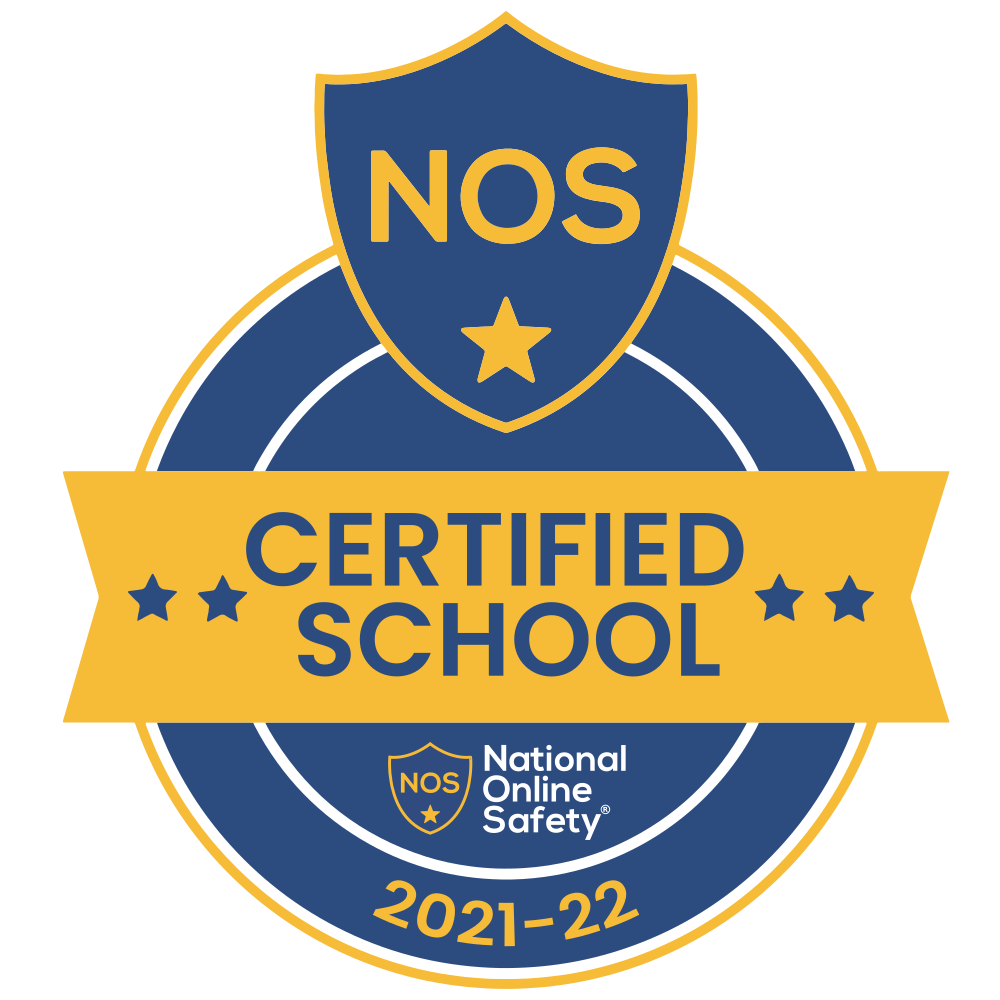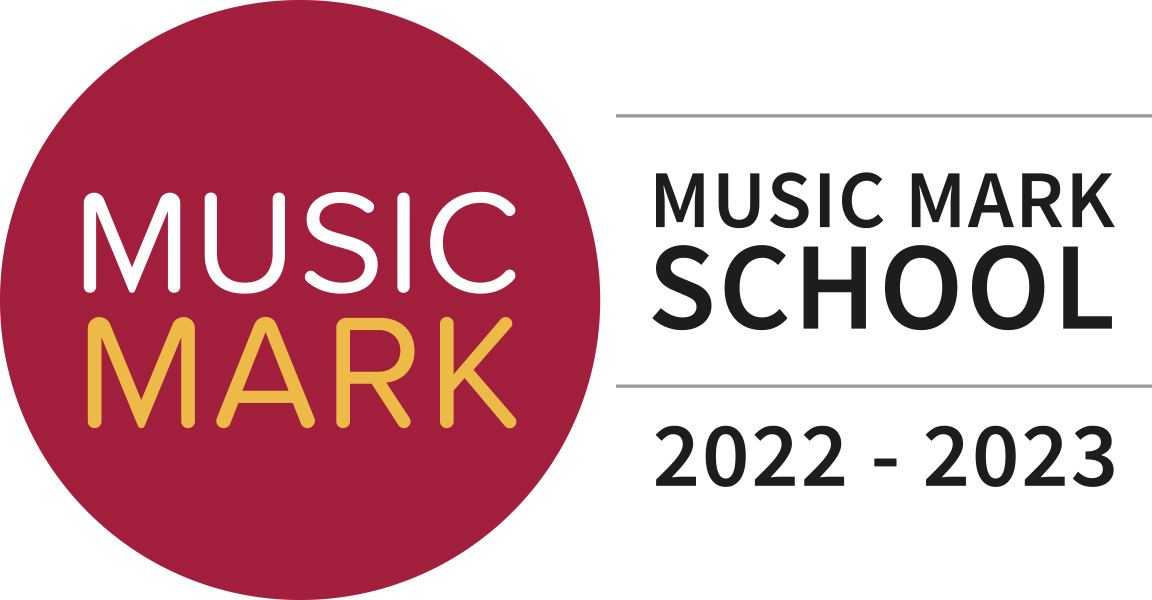Year Two
MEET THE TEAM


Lucy Parker - Swifts
Emily Rigby - Wrens
Year Two Teachers
ABOUT
Pupils continue to be taught subjects linked across our Explore, Discover and Create themes, with a growing focus on building their competency in each subject. They are expected to compose pieces of writing of more than a sentence or two and are more able to use concrete materials in Maths to answer questions. Swimming continues to be taught formally.
USEFUL DOCUMENTS
|
|
|
THIS YEAR WE ARE LEARNING
Art & Design
Painting - Our School
- Explore the work of L.S.Lowry who creates street scenes/painting about his local environment.
- Explore a variety of tools and techniques including different brush sizes and types.
- Mix and match colours colours to artefacts and objects.
- Experiment with tools and techniques e.g. layering paint scrapping and adding mixed media.
- Name different types of paint and their properties.
- Mix primary shades and tones.
Drawing - Castles
- Explore the work of Stephen Wiltshire
- Experiment with different mediums; mark making to create new shapes, tones and textures.
- Observe and draw shapes in between objects and create new shapes.
- Investigate tone by drawing light/dark lines patterns, dark light shapes
- Investigate textures by describing, naming, rubbing and copying.
- Evaluate the marks and their final piece.
3D - All Around Us
- Visit and explore the Gibberd garden and its variety of sculptures.
- Record and sketch ideas from observation
- Manipulate malleable materials in a variety of ways including kneading and rolling
- Explore sculpture with a range of malleable media
- Understand the safety and basic care of materials and tools
- Experiment with constructing and joining materials using simple 2d and 3d shapes.
- Change the surface of a malleable material
Collage - Take One Picture
- Explore National Gallery’s ‘Take One Picture’. Henri Rousseau, ‘Surprised!’
- Create images from a variety of media e.g. photocopies, fabric, crepe paper, magazines
- Arrange and glue materials to different backgrounds
- Sort and group materials for different purposes e.g. colour, texture
- Fold, crumple, tear and overlap paper—working on different scales
- Collect , sort, name match colours appropriate for an image
- Create and arrange shapes appropriately
- Create, select and use textured paper for an image
Computing
Computing Systems and Networks: What is a computer?
- Exploring what a computer is by identifying and learning how inputs and outputs work. Understanding how computers are used in the wider world, children design their own computerised invention.
Programming: Algorithms and debugging
- Developing an understanding of what algorithms are, how to program them and how they can be developed to be more efficient through a range of unplugged and plugged-in activities.
Online Safety: Year 2
- Learning about online safety, including: what happens to information posted online; how to keep things private online; who we should ask before sharing online; describing different ways to ask for, give, or deny permission online.
Design Technology
- Mechanisms: Slides and levers
- Textiles: Templates and joining techniques
- Food: Preparing fruit and vegetables
English
Accordion content
French
- Little Red Riding Hood
- Fruits
- Seasons
- Instruments
- I can
Geography
- Our School
- All Around the World
History
- Castles
- Florence Nightingale
Maths
Autumn Term
- Place Value
- Addition and Subtraction
- Shape
Spring Term
- Money
- Multiplication and Division
- Length and Height
- Mass, Capacity and Temperature
Summer Term
- Fractions
- Time
- Statistics
- Position and Direction
Music
Call and Response (Animals)
- Using instruments to represent animals, copying rhythms and creating call and response rhythms.
Instruments
- Children learn how events, actions and feelings within stories can be represented by pitch, dynamics and tempo.
Structure: Myths and Legends
- Developing an understanding of structure by exploring and ordering rhythms.
PE
Year 2 PE lessons build upon the Year 1 concepts, with more development activities for coordination, agility and balance, as well as preparing pupils further for games like rounders, cricket and netball beginning in Key Stage 2. Children will develop striking and fielding skills for ball games and explore more complex movement patterns in dance and gymnastics.
Lessons for Year 2 include more emphasis on evaluating form and identifying ways to improve ones' own performance or make suggestions for improvement to others. Children will also be able to explain the principles of a healthy lifestyle and the role physical activity plays in keeping people healthy.
Autumn Term
- Gymnastics
- Dance
- Hit, Catch, Run
Spring Term
- Attack, Defend, Shoot
- Gymnastics
- Run, Jump, Throw
- Send & Return
Summer Term
- Attack, Defend, Shoot
- Hit, Catch, Run
- Run, Jump, Throw
- Swimming
PSHE
What makes a good friend?
- Learning that families are composed of different people who offer each other care and support. Learning how other people show their feelings and how to respond to them. Looking at conventions of manners and developing an understanding of self-respect.
What makes a community?
- Lesson collection: learning about rules outside school; caring for the school and local environment; exploring the roles people have within the local community; learning how school council works; giving an opinion.
What does it mean to stay safe?
- Lesson collection: Developing understanding of safety: roads, medicines and an introduction to online safety; distinguishing secrets from surprises; naming body parts and looking at the concept of privacy.
Where does money come from?
- Learning about financial literacy including how adults get money, wants and needs, using skills and talents and inclusive environments.
What is a healthy body and a healthy mind?
- Learning: about the benefits of exercise and relaxation on physical health and wellbeing; strategies to manage different emotions, setting goals and developing a growth mindset and understanding dental hygiene.
R.E.
Philosophy Units
- Why do people have different views about the idea of God?
Theology Units
- Why is light an important symbol for Christians, Jews and Hindus?
- What does the nativity story teach Christians about Jesus?
Human & Social Science Units
- How do Christians belong to their faith family?
- How do Jewish people celebrate Passover?
Science
- Living things and their habitats
- Plants
- Animals, including humans
- Uses of everyday materials
REMINDERS








